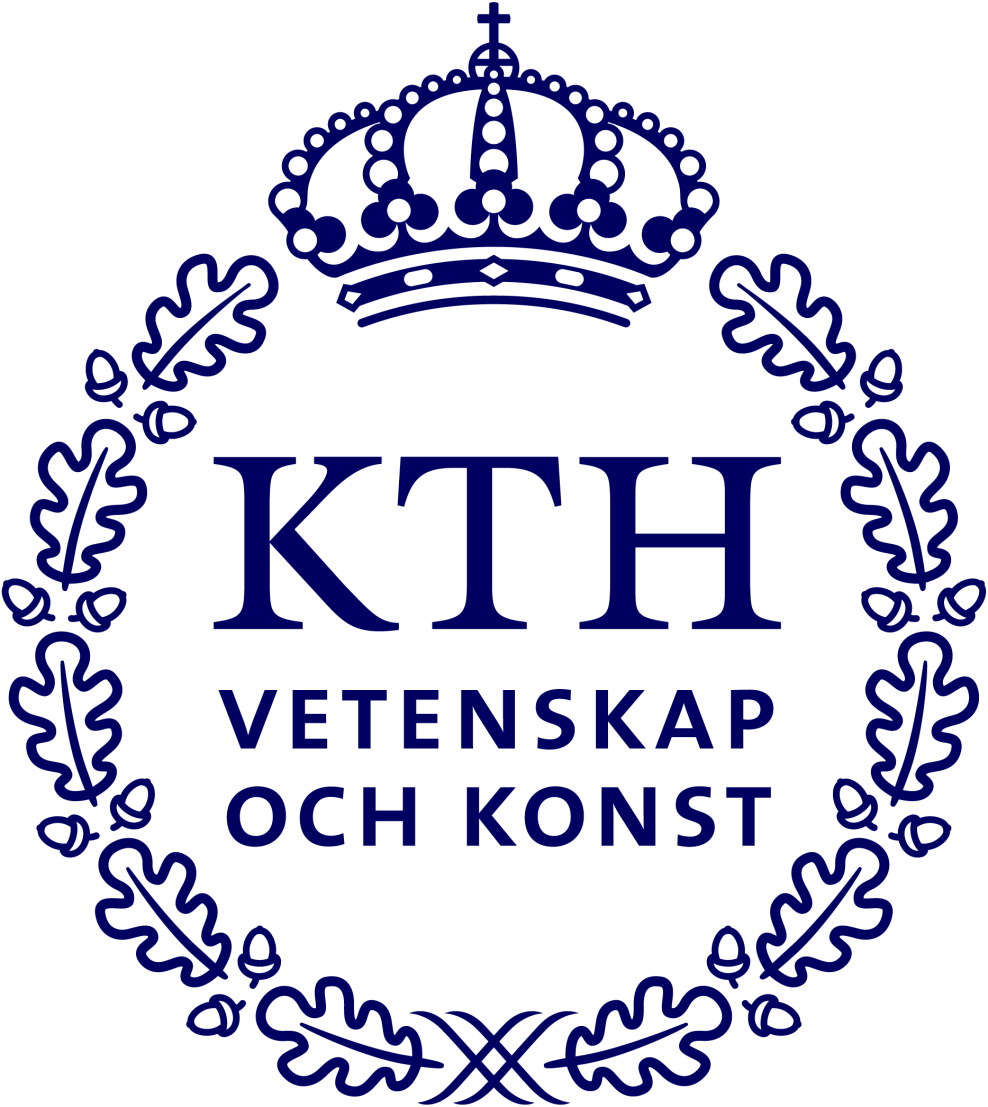About TRANSPLACE
Transforming in the Interface of Planning (TRANSPLACE) is a research school for the acceleration of sustainability transformation at the intersection between urban development and transport planning through reflexive capacity building.
Less than ten years remain for the realization of the Agenda 2030 goals, and emissions of greenhouse gases must be dramatically lowered to have any chance of limiting global temperature change in the vicinity of the +1,5 C goal.
In its most recent report Sweden’s national expert authority on climate transition, the Climate Policy Council, stressed the need to accelerate the Swedish climate transition and pointed out established methods for spatial planning as blocking such ambitions since they tend to “conserve old resource-intensive solutions, and counteract more efficient alternatives” (Klimatpolitiska rådet, 2022: 62).
In the annual reports of the Council, the interface between urban and transport planning has been repeatedly highlighted as a particularly important arena for sustainability transformation work, which fills an important function in facilitating the 70% decrease in CO2-emissions from the transport sector that is necessary for Sweden to reach its current climate goals (Regeringskansliet, 2019).
TRANSPLACE responds to the challenge of transforming the interface between urban and transport planning from an obstacle into a leverage point for a broader societal transformation. Both practitioners and academics within this knowledge area currently argue that we need to develop new ways of thinking and working if we are to have any chance of reaching existing climate and sustainability goals.

An increasing number of leading sustainability scholars are also arguing that the current pace of incremental change is far from enough, and that deeper societal changes are needed to tackle the climate and environmental crises (IPCC, 2022). Similarly, other scholars have emphasized the need for alternative futures to be imagined, explored and practiced – futures in which we live well together using less resources, with a fundamentally rethought relationship to the non-human world (Gibson-Graham, 2008; Bradley et al, 2017; Metzger, 2019). These scholars emphasize the need for grounding transformative planning work on theoretical and methodological approaches that tie together questions of climate change, biodiversity, political & cultural rights and social & economic justice through articulating and grappling with the fundamental interdependencies between these issues.
Among practitioners and academics alike there thus exists a broadly sensed need to develop new starting points and new ways of thinking and working if we are to have any chance at realizing the changes necessary to reach existing climate and sustainability goals. And now the time appears to be ripe for a serious testing of such alternative approaches since key organizations in the planning interface currently signal a willingness to “drop their tools” (Weick, 1996) and try out more radical approaches to sustainability transformations in practice.
In a unique mandate from key organizations in the planning interface, TRANSPLACE has been invited to explore and realize radical approaches to sustainability transformations within their practice through the implementation of practice- and action-oriented research projects that will function as carriers of radical transformation ambitions.
Considering the resistance that transformative initiatives will likely confront within this complex governance landscape, TRANSPLACE mobilizes state-of-the-art knowledge in practice- and action-oriented research to develop the reflective capacity of participants. This enhances the capacity for situated judgement that is necessary to tackle difficult dilemmas along the way.
The vision is that the early career researchers trained in TRANSPLACE will become critical agents of change who can contribute to transforming the planning interface from an obstacle into a leverage point for a broader societal sustainability transformation.

